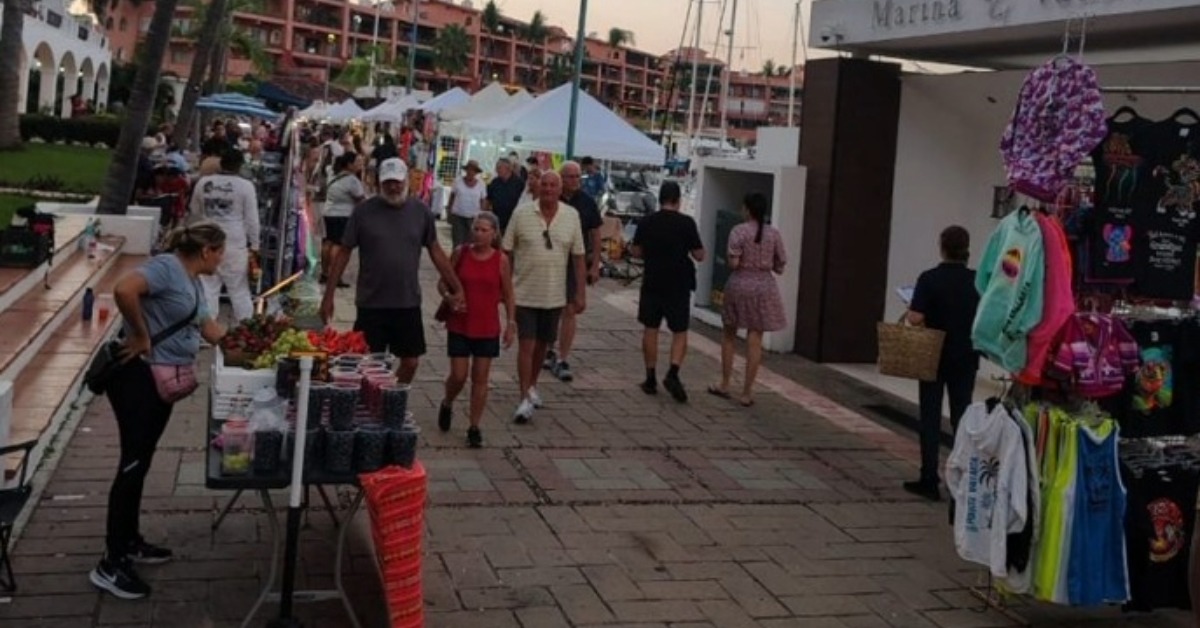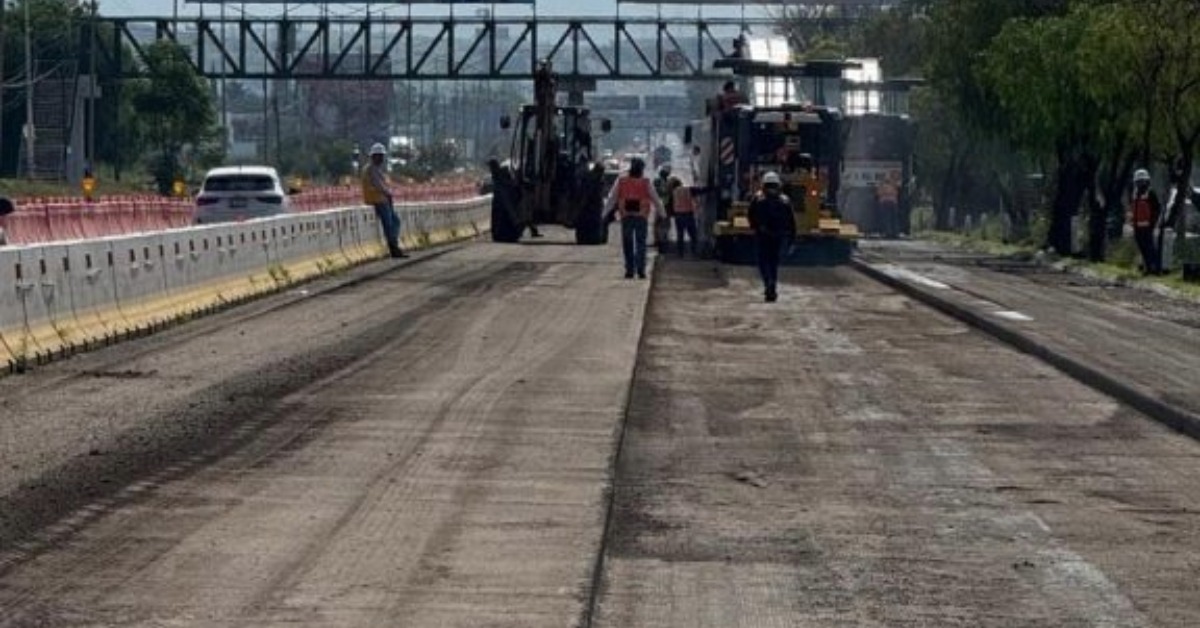Governor Marina del Pilar Ávila is under US intelligence investigation for alleged ties to CJNG-linked money laundering schemes spanning Baja California and Southern California.
Governor Marina del Pilar Ávila of Baja California is under scrutiny from U.S. intelligence agencies for alleged connections to money laundering operations and criminal networks tied to the Jalisco New Generation Cartel (CJNG), according to a source within a federal intelligence unit speaking to Los Angeles Press.
The source, who requested anonymity for security reasons, confirmed that Ávila is considered a “person of . . .






